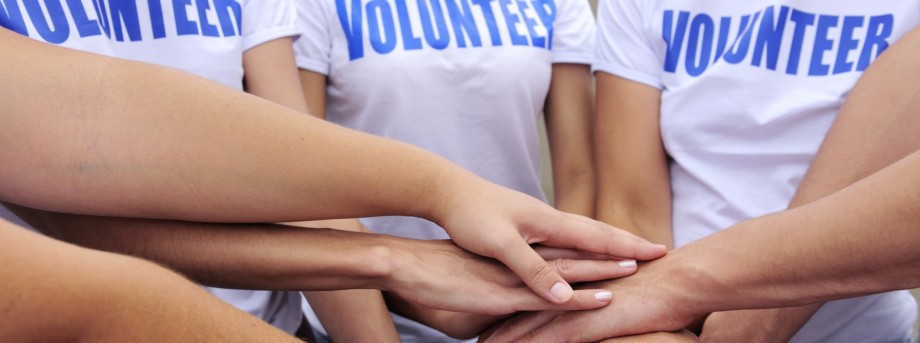The University of Nottingham
 Exchange online
Exchange online
Research Exchange
Selflessness can be attractive to a potential mate

Altruistic or selfless behaviour is an attractive trait in a potential sexual partner, according to new research led by researchers from The University of Nottingham and Liverpool John Moores University.
Researchers conducted an experiment with 32 women and 35 men, asking them to rate the attractiveness of the opposite sex based on a list of qualities, including attributes that were selfless such as ‘he does the shopping for his elderly neighbour’, and those that were considered neutral such as preferences for food.
The results, which have been published in the September issue of the BMC Evolutionary Biology, showed that both sexes rated potential partners for a long-term relationship as more attractive when they were told that the person had invested in altruistic acts, such as caring for a sick relative or doing voluntary work in their community.
The study also found that those surveyed rated individuals significantly more attractive as potential long-term partners when they displayed helping behaviours. However, this behaviour had a smaller effect on male attractiveness, and no significant effect on female attractiveness, when the same people were rated as potential partners for a short fling.
Dr Freya Harrison, a Research Fellow in The University of Nottingham’s Life Sciences Centre for Biomolecular Sciences, and senior author of the report said: “At first glance, it’s difficult to see how natural selection could favour behaviours that involve investing significant time and resources to help others at a cost to oneself. We now know that ‘altruistic’ helping can actually increase evolutionary fitness in various ways — people might preferentially help their relatives, with whom they share genes, or they might target their helping toward others who are likely to reciprocate in the future.”
Dr Harrison added that an additional factor that researchers have started to investigate is that ‘altruistic’ acts might make someone more attractive to the opposite sex, increasing their chances of having children and passing on their genes.
“We’re not sure whether being helpful to others signals that you’re more likely to be a good parent who helps your partner with the work involved in raising children, or whether it might be a signal that you carry ‘good genes’ that will produce healthy children — having the energy and ability to help others might be a show of vigour, rather like a peacock’s tail. It would be really interesting for future work to try to tease these two possibilities apart.”
Dr David Moore, Senior Lecturer in Psychology from Liverpool John Moores University, said: “This study adds to a growing body of research which tries to explain why nice guys (and girls) might not always finish last!”
The full study — ‘Selflessness is sexy: reported helping behaviour increases desirability of men and women as long-term sexual partners’ can be read online.
Tags: behaviour, Centre for Biomolecular Sciences, natural selection, psychology, School of Life Sciences, social science
Leave a Reply
Other News

Top prize for quantum physicist
A University of Nottingham physicist has won a prestigious medal from the Institute of Physics for […]

Zero carbon HOUSE designed and built by students comes home
Design and construct a low cost, zero carbon, family starter home, transport it to Spain, build […]